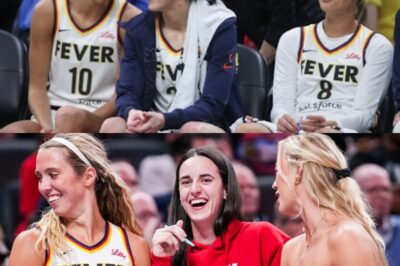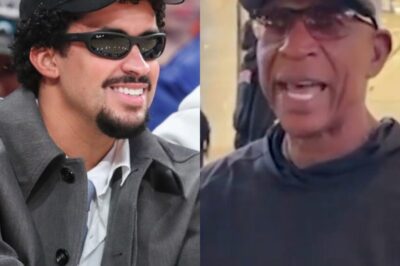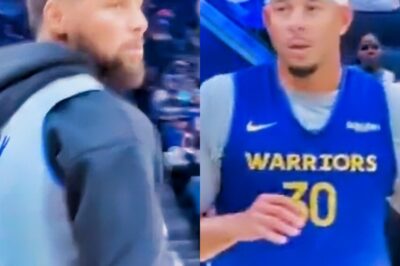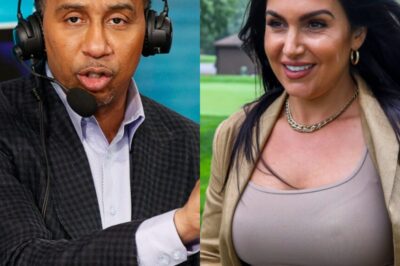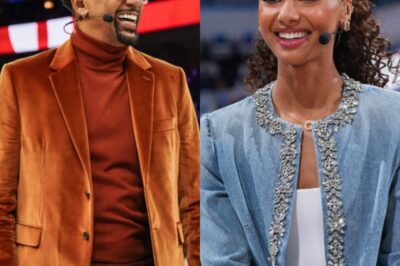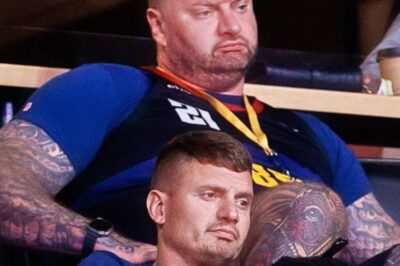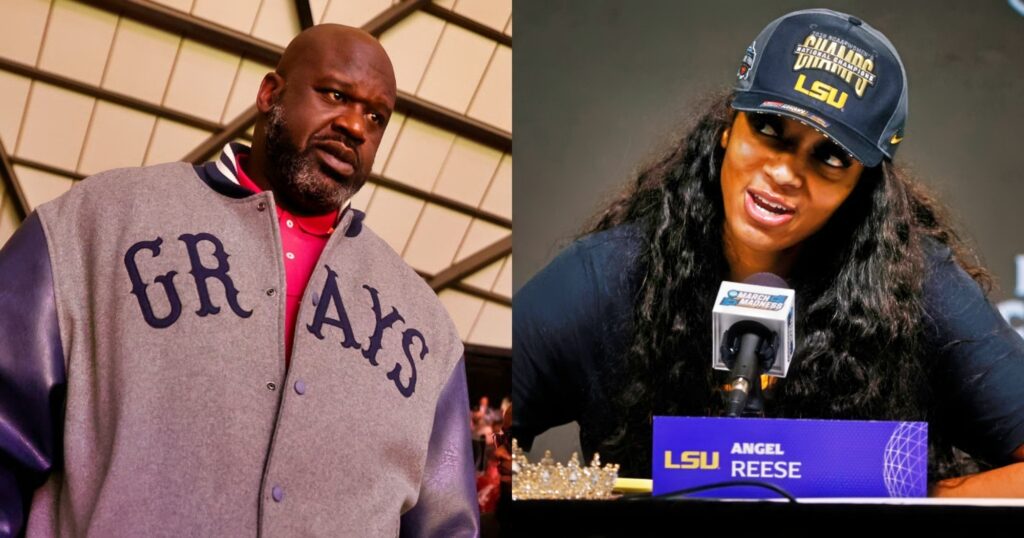
On a Sunday awash in confetti and contradictions, the LSU Tigers lifted the national championship trophy, and Angel Reese lifted a mirror to the culture of competition. The final score—LSU 102, Iowa 85—said one thing. The moments that followed said something deeper about women’s basketball, about respect and rivalry, about who gets to speak with their game and who is told to be quiet.
In the closing minutes, Angel Reese found Caitlin Clark across the hardwood. She raised her hand, waved “You can’t see me,” and tapped her ring finger—the universal language of champions. It was part theater, part truth, and entirely the choreography of a sport that has long encoded emotion into silence. Reese did not choose silence. She chose the stage.
Cue the storm.
Social media turned molten. Some saw exuberance; others saw disrespect. In the middle of it, a former ESPN host used a slur—“f–king idiot”—to brand a 20-year-old player who had just climbed the highest hill of her season. And then came Shaquille O’Neal—a giant even among giants—thundering into the comments with simple clarity: “shut your dumb ass up leave angel reese alone.” It was coarse, yes. It was also a kind of elder’s protection, a reminder that the game’s greats recognize when fire is being punished in one athlete and praised in another.
But this story is not really about a clapback. It’s about two young women whose orbits pulled the sport into a brighter sky. Reese and Clark are, by accident or design, partners in a new era—antagonists in uniform, co-authors in legacy.
Consider Caitlin Clark: a sharpshooter with Steph-like range, a metronome of motion and nerve who can tilt a court with her gaze. She plays like she’s writing an urgent letter with every possession. Consider Angel Reese: a force in paint and presence, with a rebounding radius that feels like a promise and a personality that refuses to dim. She plays like a witness who demands to be heard.
They needed each other. The electricity of a final isn’t just points and percentages; it’s tension, narrative, the invisible thread between two poles. Clark’s swagger—her own “You can’t see me,” her own streak of defiant brilliance—threw sparks into the season. Reese caught them and made a bonfire. When Reese pointed to her ring finger, she wasn’t just announcing a win. She was underlining a sentence that Clark had already written in bold: we belong on the biggest stage.
There is a tenderness beneath all this noise that the public seldom sees. It lives in the respect built through film rooms and foul trouble, in bruises traded beneath the rim, in the silent calculus of “I know what you sacrificed, because I did too.” The bond between rivals is not measured in handshakes; it’s measured in the way one player’s greatness sharpens another’s. Clark’s audacity demanded that LSU be perfect; Reese’s relentlessness demanded that Iowa keep believing. When the buzzer sounded, they had given each other something only the other could offer: a worthy mirror.
The double standards, of course, are real. Men’s sports have canonized the swagger that women are often scolded for. Point to a ring as a man, and it’s lore; do it as a woman, and it becomes a lecture. Reese did not invent this asymmetry; she challenged it—loudly, imperfectly, and with the unguarded heart of someone who understands that joy is not an apology. Clark did not cave to it either; she competed like a comet, leaving a tail of wonder behind her. Together, they exposed the old rules to fresh air.
Shaq’s defense of Reese landed because it felt paternal, protective, but also because it acknowledged an obvious truth: you cannot invite women into the arena and then punish them for the very fire that draws us to it. If there is a lesson here, it is not about taunts or thresholds. It’s about the right to play fully—to celebrate consequence, to own the narrative, to be young and magnificent on television without the world asking you to shrink.
Years from now, fans will remember the score, the confetti, the glare of arena lights. But they’ll also remember a conversation that began with a gesture and grew into a reckoning. They’ll remember that women’s basketball didn’t just win an audience that night; it demanded one. And if they look closely, they’ll see two athletes—fierce, flawed, and forever linked—standing at the center of a court that suddenly felt like a crossroads.
Angel Reese pointed to a ring. Caitlin Clark pointed to the rim. Between those two points stretched a story big enough to carry a sport. In the end, the magic wasn’t that one of them won. It’s that, together, they made us watch—and made it impossible to look away.
News
VIDEO: Sophie Cunningham Caught On Camera In 3-Way Grinding Session With Two Other WNBA Stars During Crazy Party
Sophie Cunningham and Natisha Hiedeman (Photos via Twitter) Sophie Cunningham loves to have a good time. A bunch of Indiana Fever and…
“Keep His A$$ In Puerto Rico”: NFL Legend Eric Dickerson Unloads On Bad Bunny In Explosive Rant [VIDEO]
Bad Bunny and Eric Dickerson (Photos via Imagn Images & TMZ) Eric Dickerson is the latest voice to criticize the NFL’s…
Seth And Stephen Curry’s Hilarious Act During Warriors Open Practice Will Definitely Catch You Off-Guard [VIDEO]
Stephen Curry and Seth Curry (Photo by Imagn Images) The Curry brothers just pulled off a hilarious number swap. During…
Stephen A. Smith Drops Bombshell About His Relationship With Molly Qerim And Fans Are Stunned
Stephen A. Smith Molly Qerim (image source Getty Images) During a recent episode of First Take, Stephen A. Smith, a…
BREAKING: Malika Andrews Accuses Jalen Rose Of Sticking His Finger In Her B0dy Part (VIDEO)
Malika Andrews Accuses Jalen Rose of Inappropriate Touch—But Was It Really Him? During a recent episode of “NBA Today,”…
Nikola Jokic’s Brother Sen:tenced in Shocking Viral Video Ca:se
Apr 29, 2024; Denver, Colorado, USA; Strahinja Jokic (top) and Nemanja Jokic (Photo via Isaiah J. Downing-USA TODAY Sports) Strahinja…
End of content
No more pages to load

